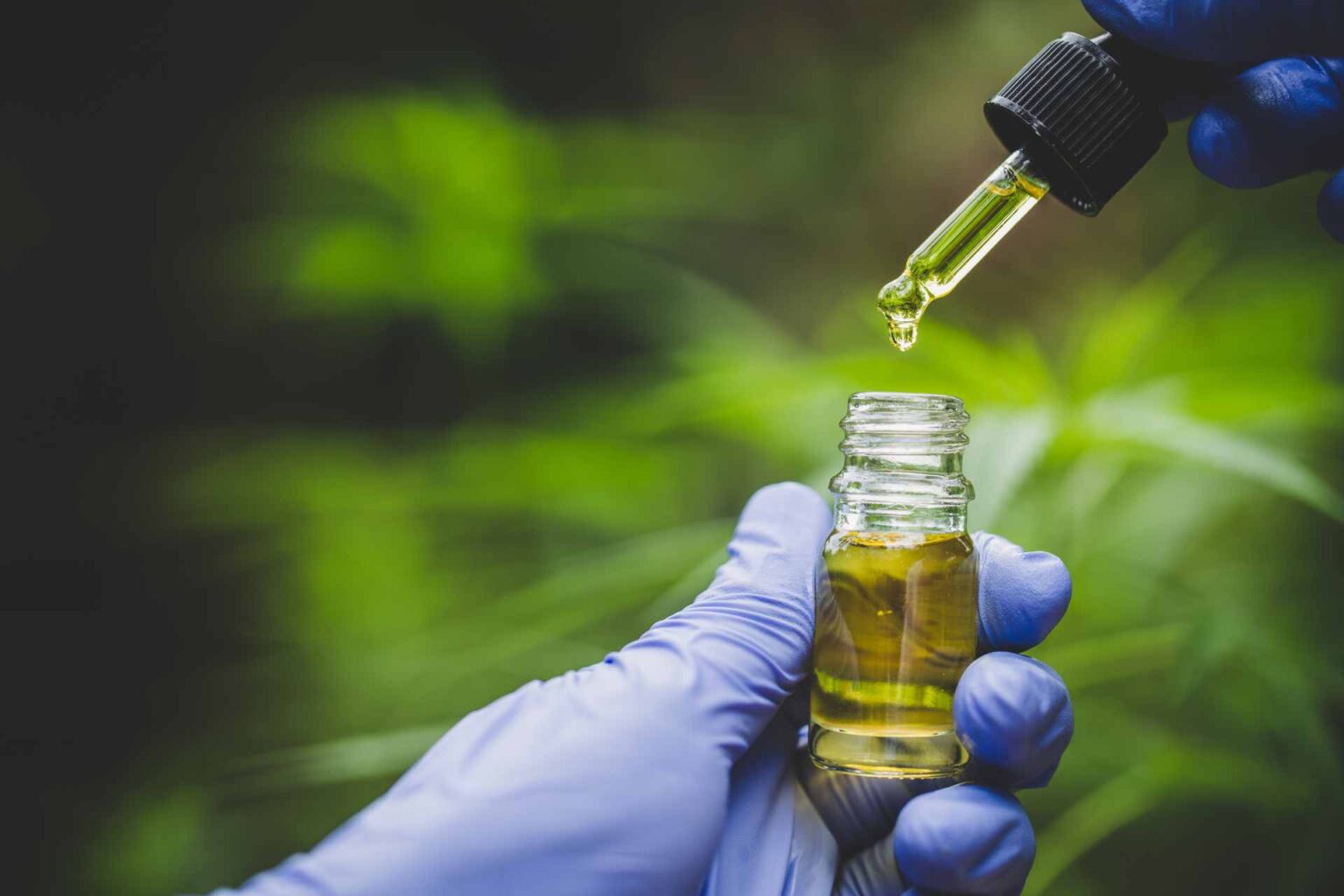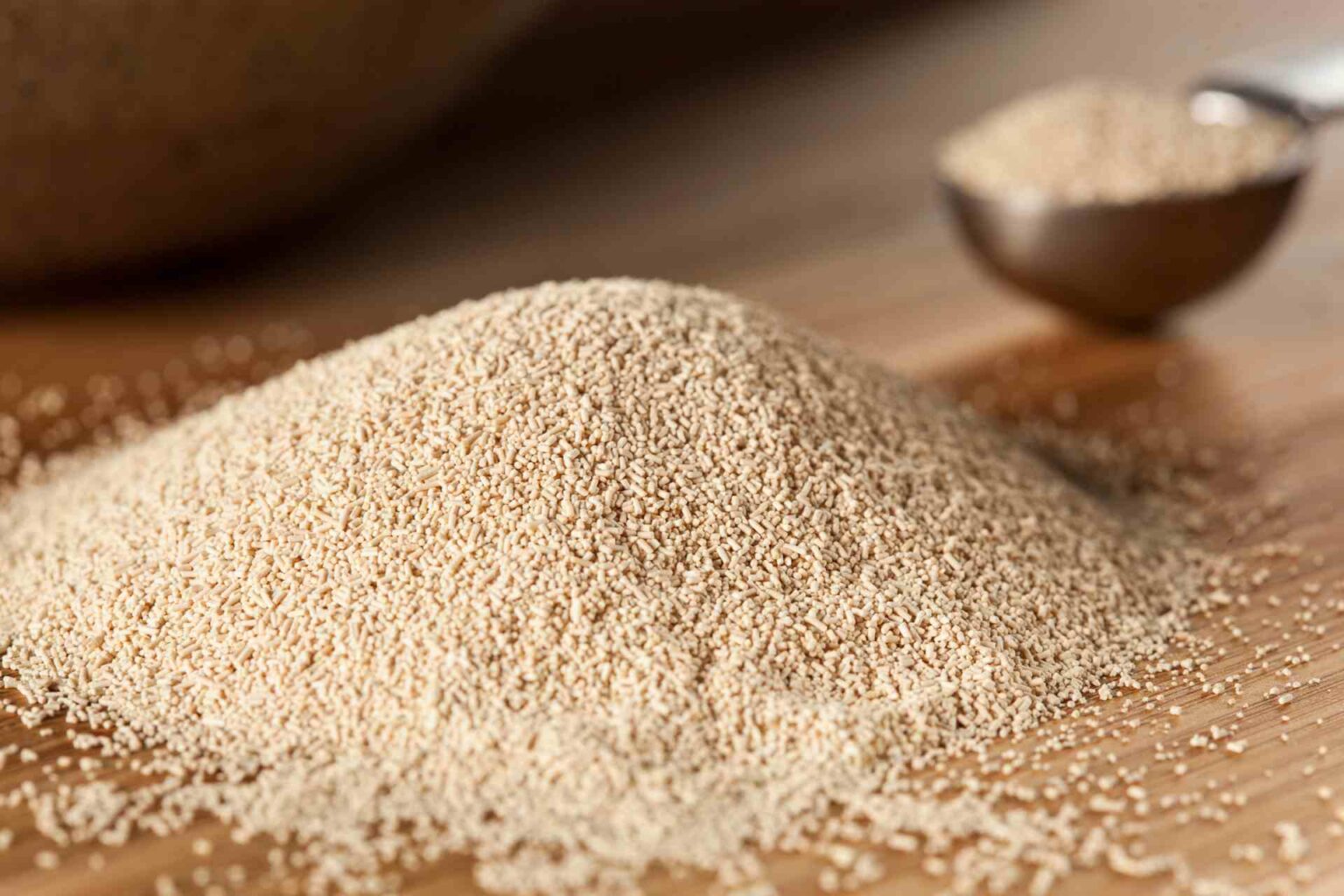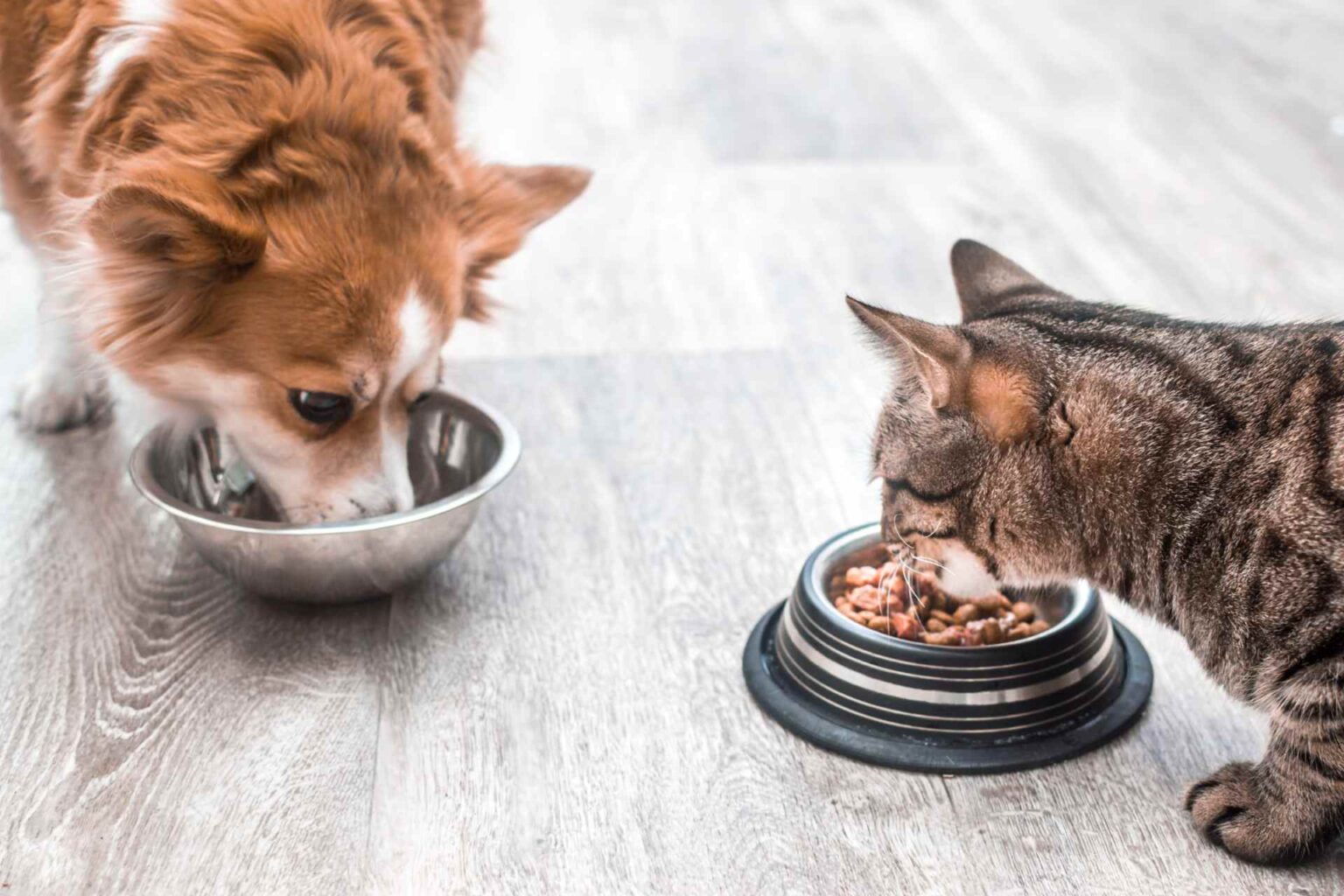What may be the best choices in feeding management in animals with this condition? A review recently published in Veterinary Clinics: Small Animal Practice attempts to provide answers about this complex issue.
Dogs and cats with chronic kidney disease (CKD) frequently develop difficulty in the ability to feed oneself, which often results in inevitable weight loss. However, in these animals, maintaining adequate energy intake is crucial because a proper management of thepower supply allows you to slow down the progression of the illness and prolonging life expectancy.
Veterinary physicians can intervene in various ways on the animal’s diet, modifying the intake of various nutrients normally found in feeding plans according to specific needs.
Changes in the intake of major nutrients in the context of chronic kidney disease
There are several evidences in the literature testifying that specific intervention on dietary regimens can benefit the animal with MRC, leading to prolongation of survival and reduction of complications associated with the disease.
However, in cases where the animal fails to maintain body weight and targeted intervention through dietary changes is not sufficient, the use of a feeding tube may be necessary, with the aim of providing enteral nutritional support.
The review by Valerie J. Parker, which appeared in Veterinary Clinics of North America: Small Animal Practice, sought to shed light on dietary modifications/supplements that can be made in animals with chronic kidney disease.
Phosphorus
When intervening in the diet of animals, phosphorus is one of the main nutrients on which dietary plan changes are focused.
Hyperphosphatemia, for example, is correlated with reduced survival rates in animals; whereas a decrease in the intake of this mineral is associated with a slowed progression of kidney disease that results, thus, in an increase in survival rate.
Scientific evidence also suggests how the source of phosphorus may also affect kidney function. In fact, phosphorus found in organic sources (meat, cereals), compared with phosphorus found in inorganic sources (phosphate salts), is less bioavailable and therefore preferable under conditions of kidney disease.
Protein
Although, overall, data in the literature lean toward the adoption of a high-protein diet that can maintain proper body composition, the evidence on the subject is still conflicting.
In a study in dogs with MRC, a diet with protein concentration >5.1 g/100 kcal allowed the animals to maintain body composition, an indication that a consistent protein intake can be beneficial.
However, in conjunction with MRC, proteinuria may not infrequently occur. In these cases, a low-protein diet must be adhered to: therefore, a reduction in protein intake of 25% to 50% is recommended , depending on the severity of the condition, azotemia, and clinical signs. This dietary regimen normally leads to a reduction in proteinuria in about a month. In addition, because of the enormous variability in protein concentration among different commercially available food products, the recommended degree of protein reduction will have to be evaluated according to the specific situation and eating habits of the pet.
Potassium
It is known that 20% to 30% of cats with chronic kidney disease develop hypokalaemia, resulting in muscle weakness, constipation and polyuria. A diet high in potassium, in the form of potassium gluconate or potassium citrate, may be helpful in such cases.
Omega-3 fatty acids
Supplementation of omega-3 fatty acids is strongly recommended for their anti-inflammatory properties. In particular, the intake of eicosapentaenoic acid(EPA) and docosahexaenoic acid(DHA) is recommended.
Metabolic acidosis
In cases where a condition of metabolic acidosis, a complication often seen in dogs and cats with MRC, is present instead, diets fortified with alkalizing agents (such as potassium citrate) are recommended.
Source
Parker VJ. Nutritional Management for Dogs and Cats with Chronic Kidney Disease. Vet Clin North Am Small Anim Pract. 2021 May;51(3):685-710. doi: 10.1016/j.cvsm.2021.01.007.











